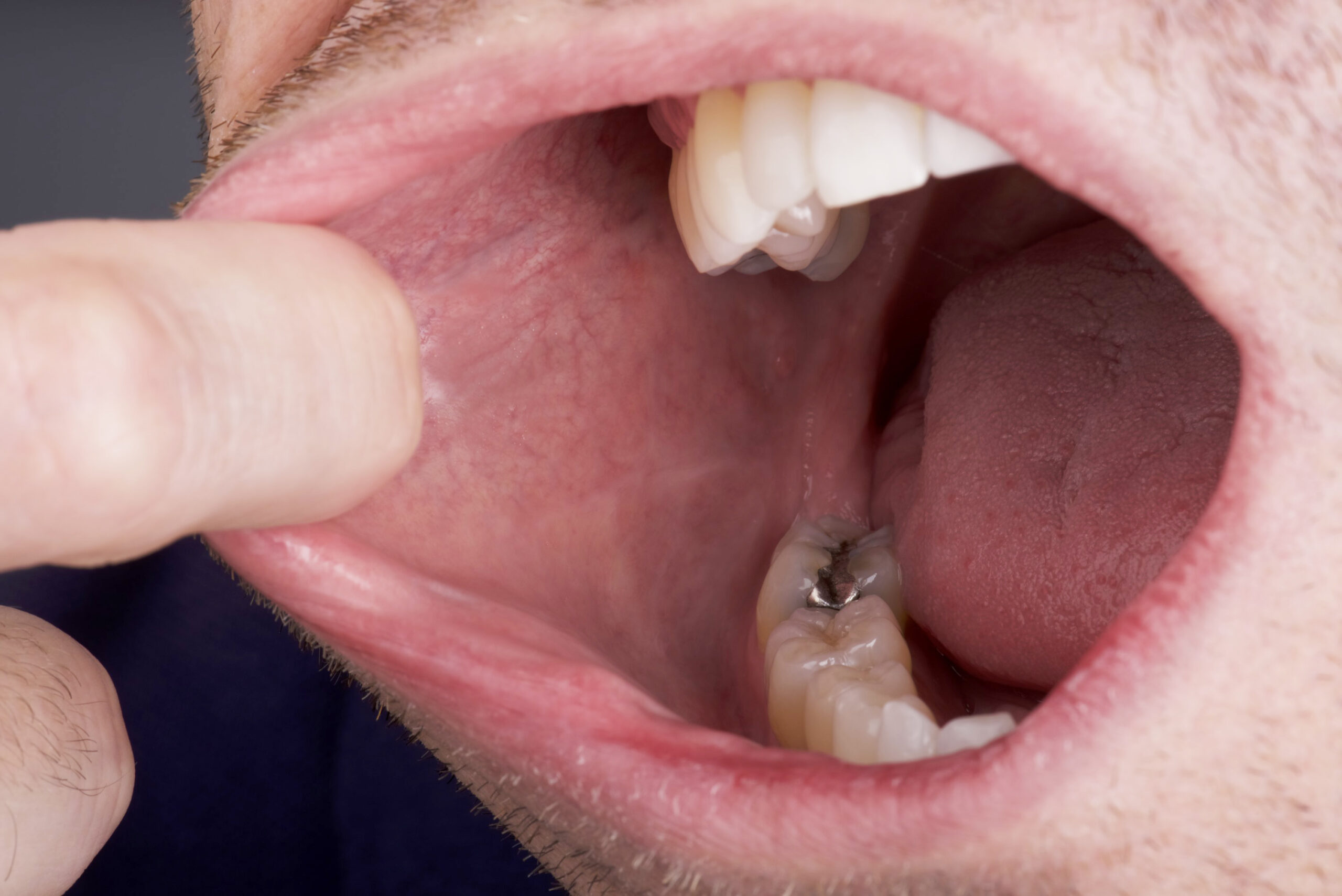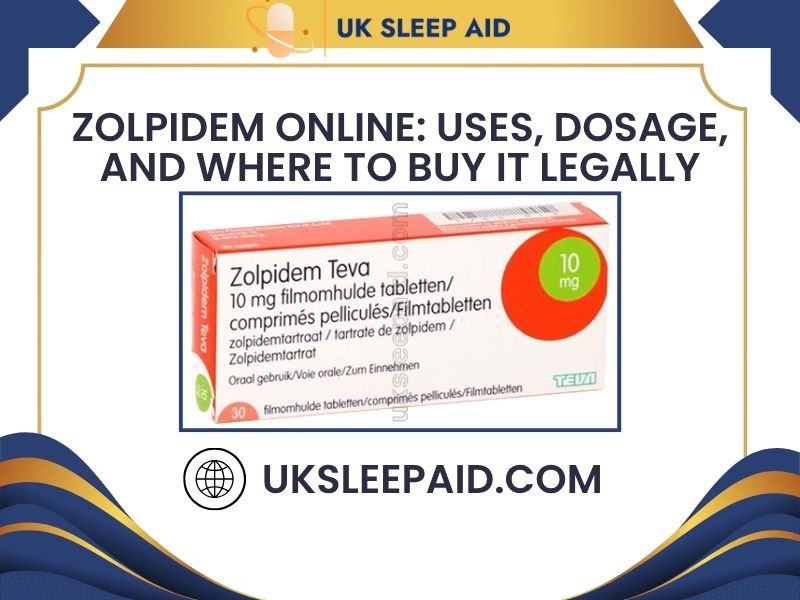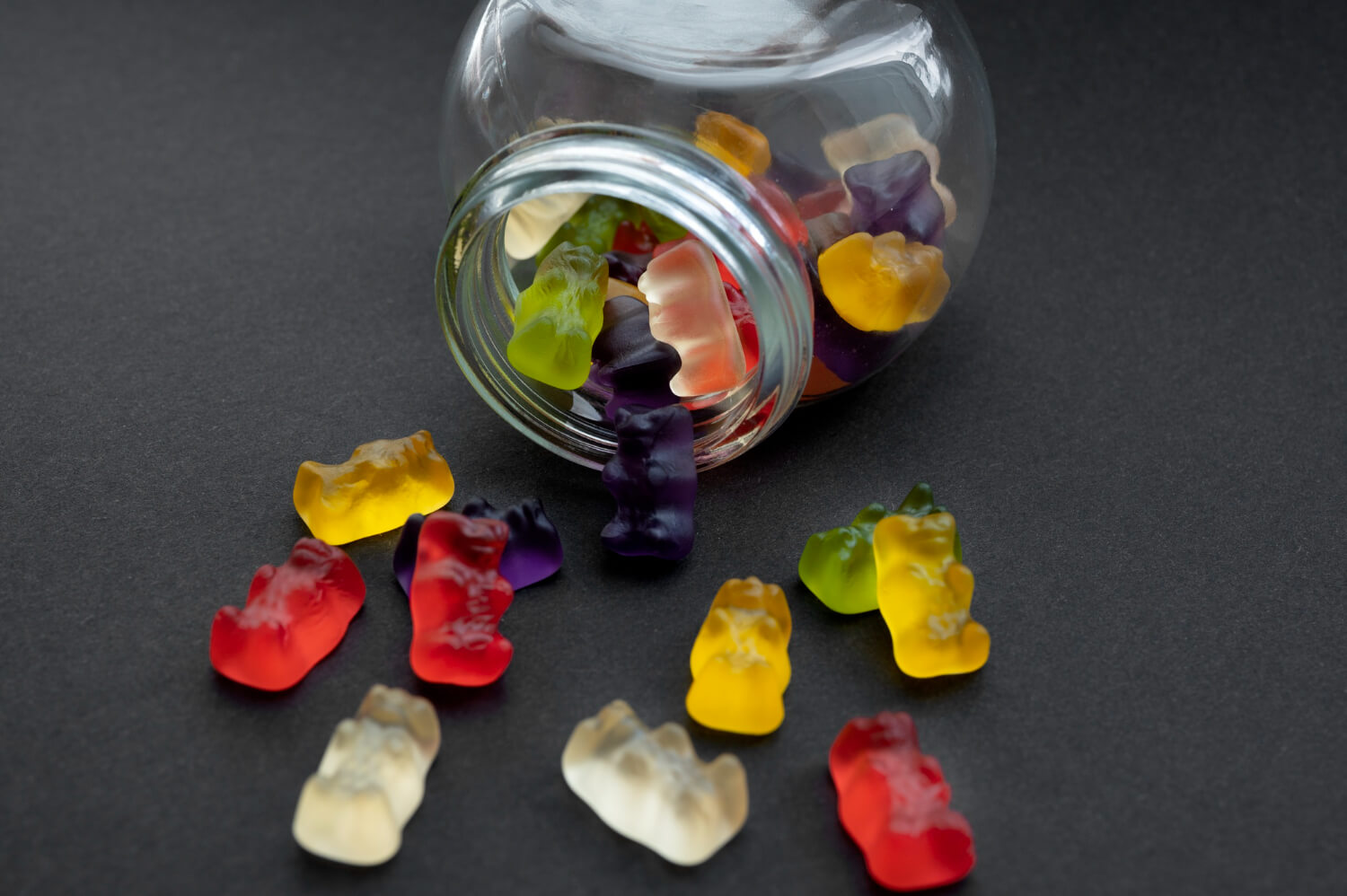Cancers affecting the mouth, throat, tongue, and lips are called oral cancers. Although there is currently no known diet that may eliminate the risk of oral cancer, research has demonstrated that several foods and nutrients can help lower that risk. Kings Mountain general dentist can help you.
What to Eat If You Have Oral Cancer?
Oral cancer is just one of several forms of cancer that affect a large number of individuals globally. Radiation therapy, chemotherapy, and surgery are some of the many therapies that people undergo when dealing with cancer. The body also loses a lot of healthy cells when chemo and radiation treat cancer.
Fighting cancer cells and repairing healthy cells damaged by radiation or chemotherapy is a taxing ordeal for the body. As a result, proper nourishment is essential for the body to carry out its many activities. Nutrients aid in cellular healing in addition to facilitating regular bodily movements.
People with oral cancer may find it challenging to ingest essential foods. If you or a loved one are dealing with oral cancer, this article will go over the healthiest foods to eat to keep the disease at bay. If you or a loved one has been diagnosed with oral cancer, following the recommended eating plan will hasten your recovery.
Consume little meals frequently.
Eating little meals spaced out throughout the day is essential. Consume calorie-rich foods and divide your meals into six or eight smaller portions. Avocados, eggs cooked in olive or canola oil, and other similar meals are okay.
Pile on the colorful foods!
Smoothies are a good option since they provide the necessary calories and a lot of protein. Smoothies are an excellent way for people with trouble swallowing to get more calories and energy. You can get some of the protein you need in a smoothie.
To strengthen your immune system, try eating colorful foods like watermelon, carrots, etc. Soups, mashed foods, and purees are great alternatives to hard or coarse foods if you are experiencing trouble swallowing them because of tongue sores. You can substitute skim milk or non-acidic fruit juice for a thinner smoothie consistency.
Eat a diet high in antioxidant-rich foods.
Because antioxidants assist the body in combating free radicals and cancer-causing cells, people with cancer should eat more antioxidant-rich foods. Radiation and chemotherapy can harm the body, but vitamins A and antioxidants can help fight back.
Cut off fatty foods, sweets, and alcoholic beverages.
Cut out sugar, fatty foods, and alcoholic beverages if you have oral cancer. In addition to contributing to an increase in cancer cell production in specific individuals, these foods are full of empty calories. For some persons with oral cancer, intense food aromas can trigger nausea and vomiting.










